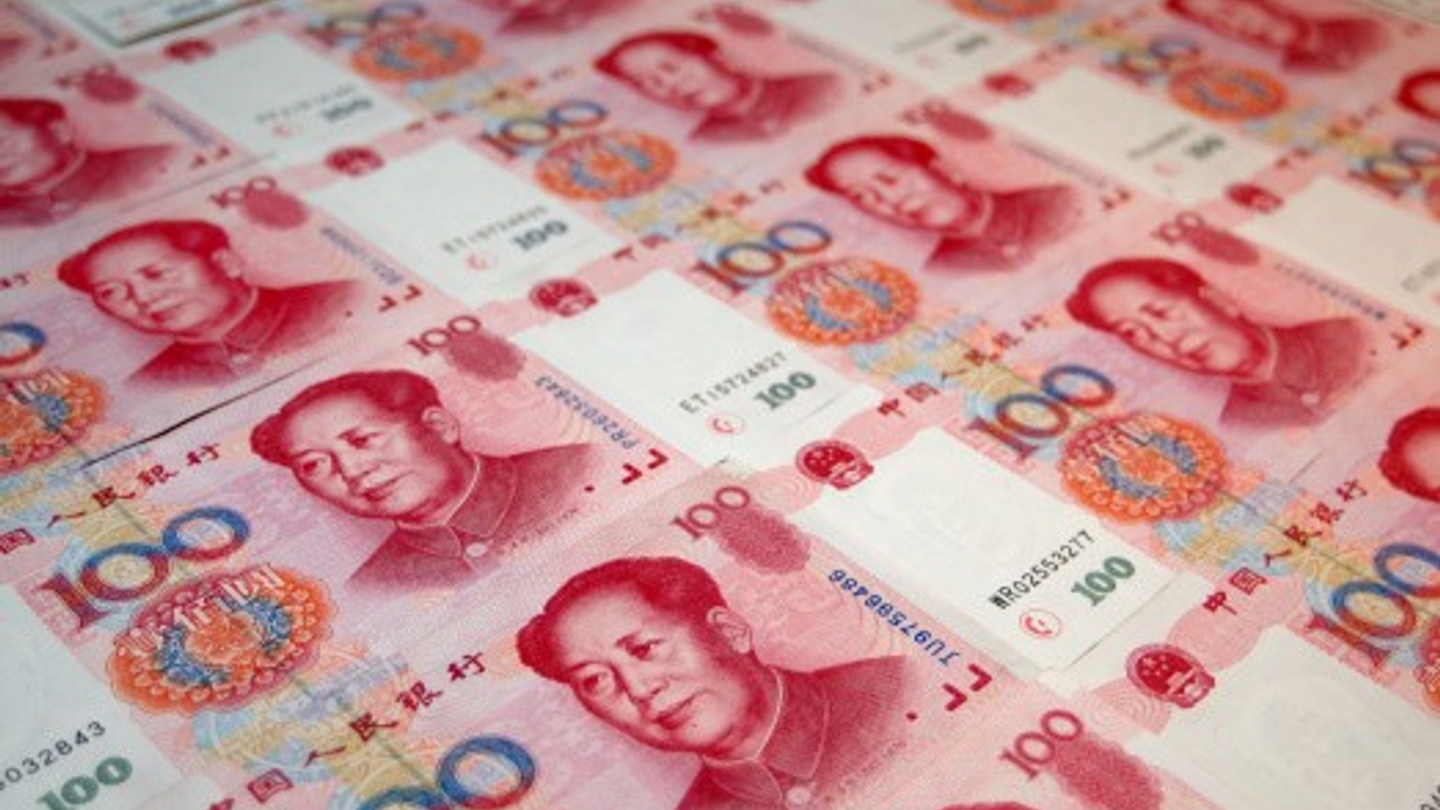
SAFE pilot 2.0: new 19 players revealed (updated)

Since the launch of the State Administration of Foreign Exchange (SAFE) pilot - enabling select companies to perform cross-border foreign currency cash sweeping, pooling and centralised payment last year - the scheme has been extended to Chinese cities nationwide to aid local Chinese companies venturing abroad to better manage their FX and facilitate foreign multinationals’ with their treasury needs in China.
The second batch of 19 Chinese and foreign MNCs green lighted to join the SAFE pilot in June hailed from Beijing, Shenzhen, and Guangdong, Hubei, Jiangsu, and Zhejiang provinces—beyond the initial ones approved in Beijing and Shanghai.
The latest participants should now able to better manage their cross-border FX functions, in addition to MNCs such as Shell, Intel, and Schneider Electric that were approved earlier.
CT has verified with multiple sources close to the transactions to establish the full list of the new 19 players in the game. They bank with local and foreign lenders including ICBC, Bank of China, Deutsche Bank, Citi and HSBC.
The latest private enterprises, state-owned entities and foreign conglomerates that joined the club are:
Beijing: Beijing Enterprises Holdings, Datang Telecom, China Aerospace Science and Technology Corporation, Siemens, Digital China, Hainan Airlines, and SANY
Guangdong: Midea, TCL, and Flextronics
Shenzhen: Huawei, ZTE, and Chinese International Marine Containers Group (CIMC)
Zhejiang: Alibaba, Wangxiang Group, and Juhua Group Corporation
Jiangsu: Gates, and GCL-Poly
Hubei: Wuhan Iron and Steel (Group) Corporation (WISCO)
Hiatus in Shanghai
After the first batch of companies were okayed last year, CT understands Shanghai SAFE paused in approving new applications in anticipation of the formation of the new free trade zone that will herald more financial liberalisation that is likely to make convertibility of renminbi and relaxation of capital and current account controls a reality.
Although new rules surrounding the new free trade zone encompassing Pudong are not finailsed yet, market participants believe SAFE would like the new pilot applicants to take advantage of the incentives it will offer—in a bid to attract more MNCs to set up their Asian headquarters and treasury centres in the city.
“We understand they are trying to leverage this new trade zone area, in conjunction with the second batch of approvals,” said a Shanghai-based transaction banker closely following the developments. “We also understand from SAFE that those applicants with anchor entities in the free trade zone will have significant advantages in securing approvals.”
New adjustments
“Clearly SAFE wants to see two-way flows under the programme,” the banker added, noting the uneven balance of payments (BOP) situation in the beginning of the year and the largely one-way inflow of funds into China from the first group of pilot participants may be a reason prompting the hiatus. “That’s why they held back a lot of approvals for the second batch because there was a huge inbound of payments in the first quarter of the year.”
In conjunction with the central bank’s other pilot allowing cross-border renminbi intercompany loans and a basketful of measures simplifying currency flow for trades and cross-border service payments, China’s heightened pace of currency globalisation is on a fast track by many standards. Only the opening up of capital and current account controls can realise the benefits of interest rate liberalisation that can ensure the inflow of investments.


